Taiwan's presidential and parliamentary elections: What do the major candidates and parties offer?
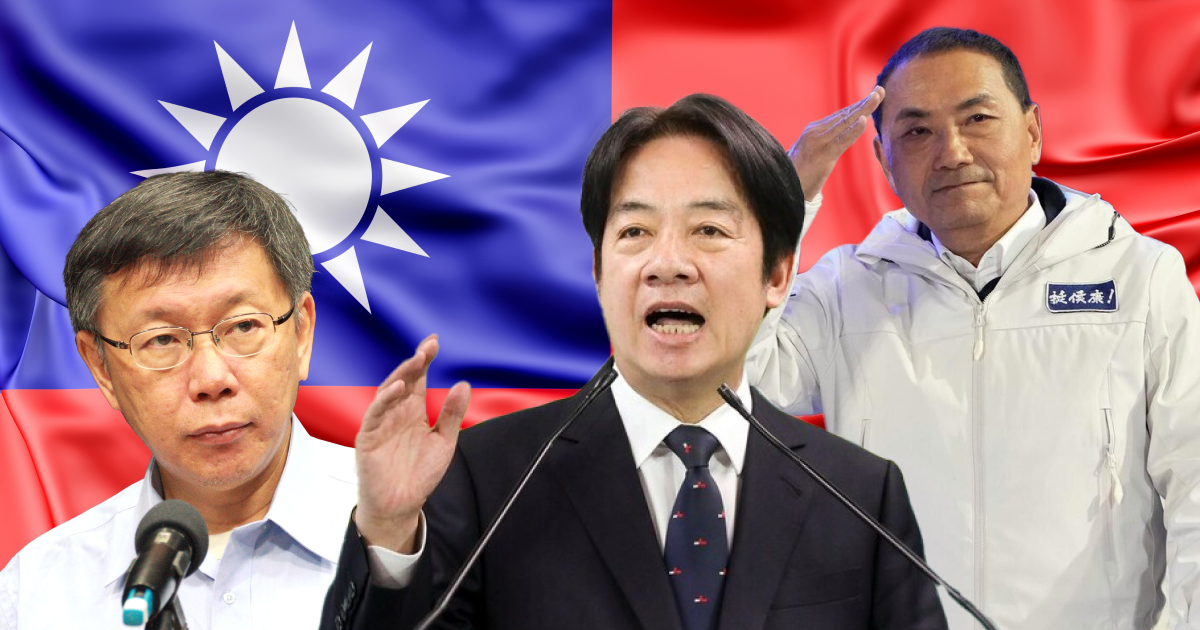
So what happened?
On January 13, Taiwan held presidential and parliamentary elections. The leading candidates were a representative of the ruling Democratic Progressive Party (DPP), Vice President Lai Ching-te, and a presidential candidate for the Kuomintang (KMT) and mayor of New Taipei City, Hou Yu-ih. Taiwan People's Party (TPP) presidential candidate Ko Wen-je is the third candidate.
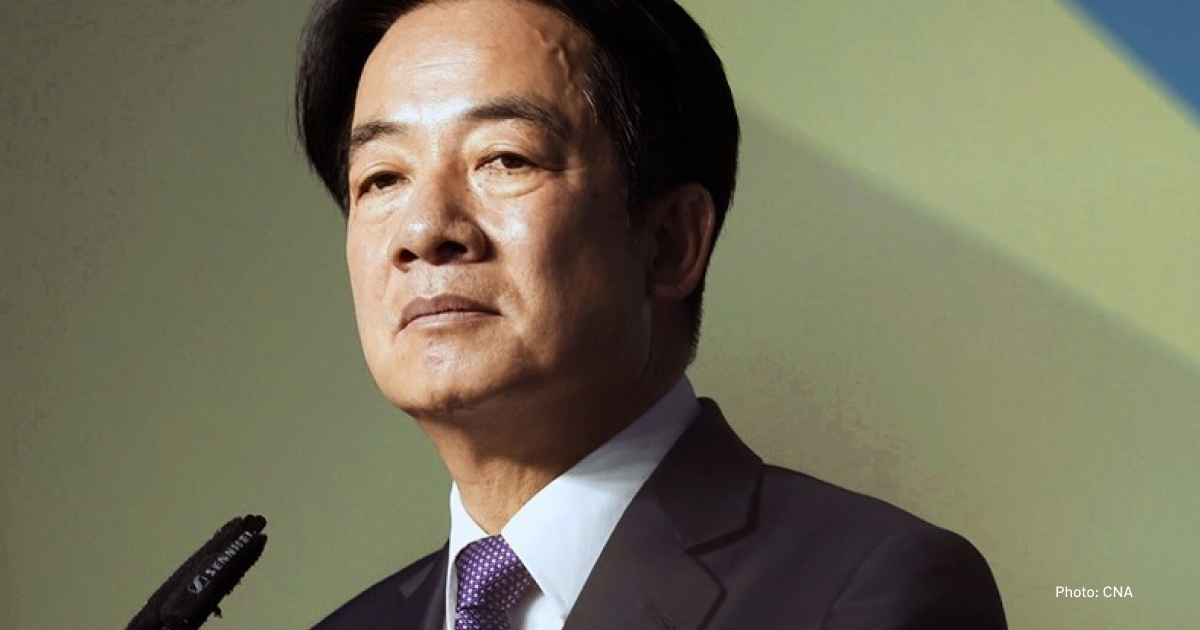
Local parties were elected to the parliament, but the main confrontation was between the island's two largest political parties: The Democratic Progressive Party (DPP) and the conservative Kuomintang Party, which founded the Republic of China (the official name of Taiwan - ed.).
The main issues of the election campaign for the candidates were domestic policy and relations with the United States and China.
What are the results?
With 99.97 per cent of Taiwan's 17,795 polling stations reporting, Lai received 5,584,920 votes, or 40.05 per cent, according to the Central Election Commission (CEC).
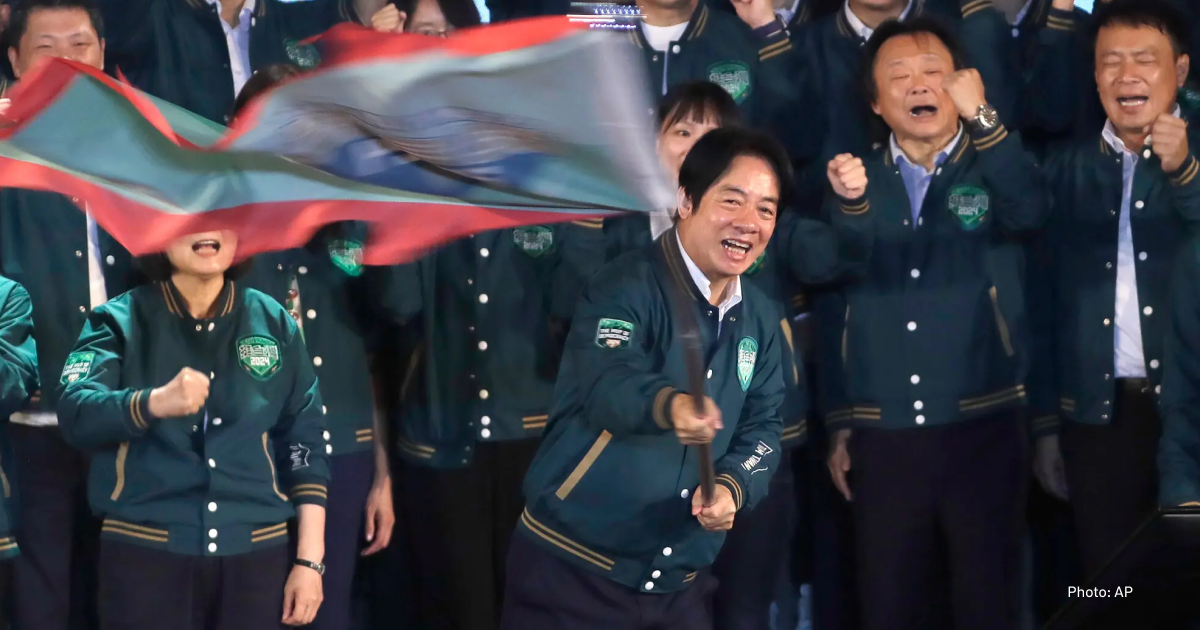
Hou Yu-ih received 4,669,130 votes, or 33.49 per cent, and Ko Wen-je came in third with 3,689,251 votes, or 26.46 per cent.
In his speech, Lai Ching-te said that the presidential election results showed the international community that "between democracy and authoritarianism, we stand by democracy".
"The Republic of China will continue to stand side by side with democracies worldwide," he said.
Hou of the Kuomintang conceded defeat and congratulated Lai.
What did the candidates bring to the table in terms of foreign policy?
Lai Ching-te used to call himself a "pragmatic fighter for Taiwan's independence". The media call him a strong defender of Taiwan's self-governing status. In case of Lai's victory, the former Taiwanese envoy to the United States, Hsiao Bi-khim, will become vice president.
The Democratic Progressive Party believes that maintaining the peaceful status quo in Taiwan depends on building stronger relations on the global stage, especially with the United States.
Lai Ching-te said he would follow the policies of President Tsai Ing-wen, who has led Taiwan since 2016 and is a member of the Democratic Progressive Party. She has actively rejected China's claims to sovereignty. The Chinese authorities call Lai a separatist. He promises to build up the island's military defence in his election programme.
The leading opposition candidate is Hou Yu-ih from the more conservative Kuomintang Party. This party is considered friendly to China and has ruled Taiwan for over 50 years.
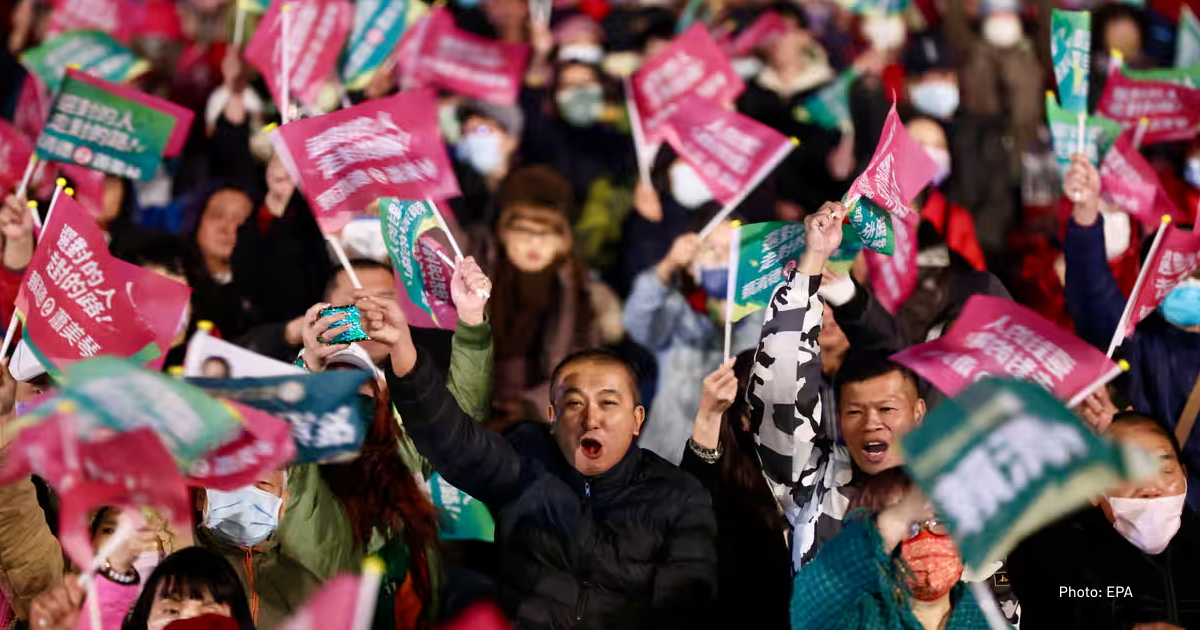
Hou Yu-ih argues that expanding economic ties and starting a dialogue with China is the best way to maintain peace. He rejects the idea of Taiwan's independence and, at the same time, the "one country, two systems" model (the idea that there is one China, but territories such as Hong Kong, Macau and Taiwan can have their political systems, as proposed by Deng Xiaoping – ed.), which China applied to Hong Kong and Macau.
Fang-Yu CHEN, an assistant professor of Political Science at Soochow University, Taiwan, told France24 that unlike Lai and the DPP, who openly identify China as a threat to Taiwan, Hou and the Kuomintang "finally accept the 'One China Principle'".
The third candidate is former New Taipei City Mayor Ko Wen-je, who calls the presidential vote a choice between "new politics" and "old forces".
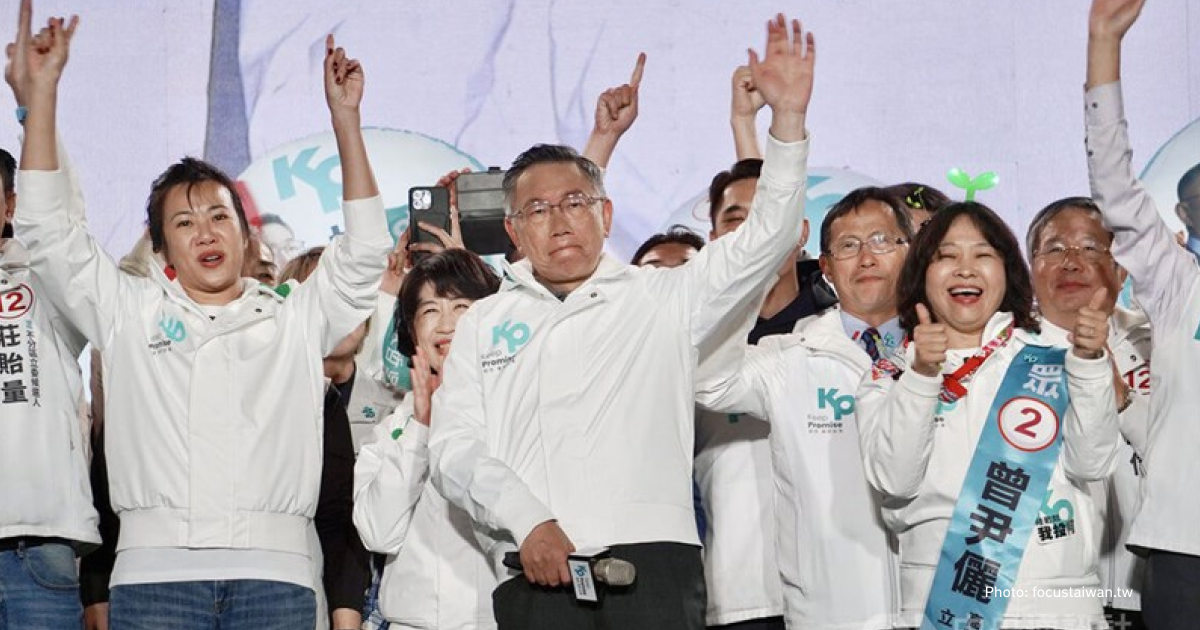
Ko considers himself a "third way" technocrat who offers voters a "golden middle way". He said that while referring to President Tsai Ing-wen's policies on US relations and national defence, his domestic affairs and cross-strait relations policies would be more moderate and rational.
The Guardian writes that although Ko's party offers a "middle way" between the DPP and the Kuomintang on China, in reality, his policies are closer to those of the Kuomintang.
What are the president and parliament responsible for in Taiwan?
In Taiwan, the president is responsible for defence and foreign affairs, including relations with China and the United States. He appoints the prime minister, who forms his cabinet to run the government. In practice, the prime minister has much less political power than the president. The President of Taiwan is the head of state and commander-in-chief of the armed forces. The president and vice president are elected jointly.
The Legislative Yuan, or parliament, passes laws and decides on budgets, including defence allocations. It has 113 legislators. Seventy-three will be elected by the first-past-the-post system in single-member districts, 34 by proportional representation on party lists, and six by one non-transferable vote in multi-member districts exclusively for indigenous peoples.
Nikkei Asia writes that the Legislative Yuan plays a crucial role in Taiwan's democracy and governance. With the legislature's approval, the president appoints the heads of key institutions, such as judiciary members, including the Constitutional Court and other constitutional bodies. If Lai wins the presidency and the Kuomintang gains a majority in the Legislative Yuan, it could lead to a constant struggle between the executive and the assembly.
How does China respond to the election?
Chinese government officials have repeatedly viewed the presidential race as a choice between war and peace. Hou Yu-ih, a representative of the Kuomintang, put forward a similar thesis.
In his New Year's address, Chinese President Xi Jinping said, "Taiwan's reunification with China is inevitable".
Also, on the eve of the election, the Taiwanese Ministry of Defence recorded increased military activity near Taiwan. On January 8, the ministry tracked four warships and 10 Chinese military aircraft around the island, and four Chinese balloons flying over Taipei.
Of the 10 Chinese People's Liberation Army (PLA) aircraft, two J-16 fighters entered the southwestern sector of Taiwan's air defence recognition zone. Still, none crossed the Taiwan Strait's midline, considered the unofficial border between the island and the mainland.
Afterwards, Taiwan's Foreign Minister Jaushieh Joseph Wu classified the balloons as part of China's activities in the "grey zone" and warned of attempts to influence the election in favour of Beijing.
Nikkei Asia writes that an example of apparent interference in the election is the tax inspections of the factories of the Taiwanese company Foxconn in China after its founder, Terry Gou, ran for president. His participation in the race raised the prospect of splitting the opposition vote, which benefited the DPP.
Taiwan's Ministry of Foreign Affairs said it had documented China's attempts to interfere in the election and would publish its analysis after the vote.
Why are the elections in Taiwan important for the United States and Ukraine?
The issue of Taiwan is of great importance to US foreign policy.
In 2022, when CBS journalists asked President Joe Biden whether the US Armed Forces would defend the island in the event of a Chinese attack, he replied: "Yes, if there is an unprecedented attack."
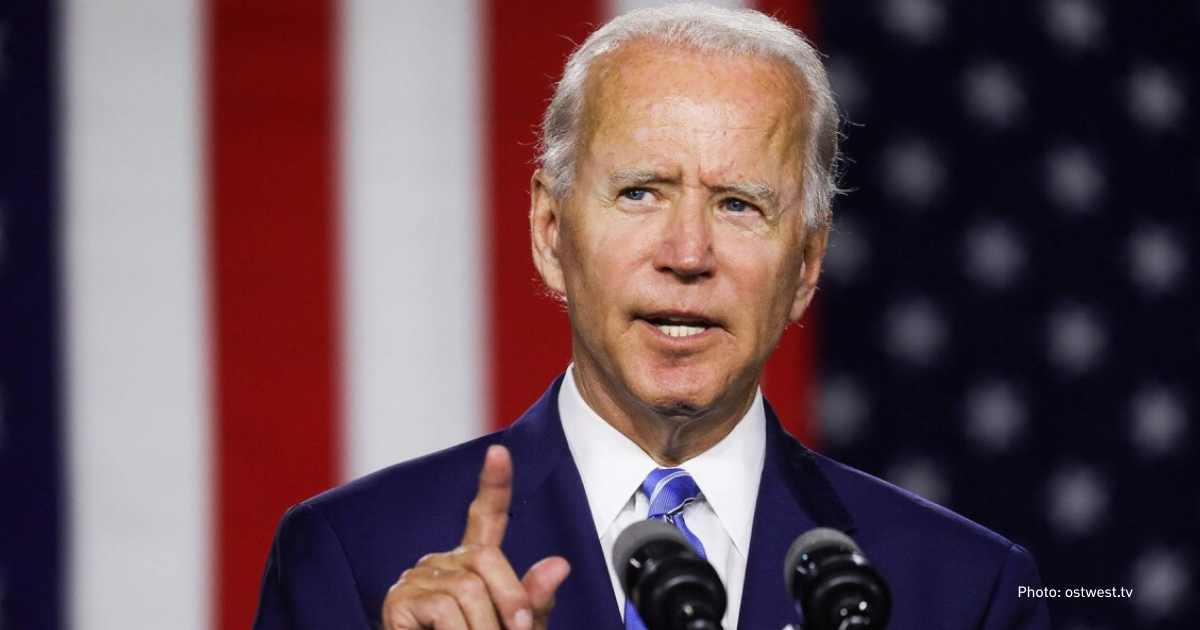
Reuters writes that the January 13 election in Taiwan poses challenges for Washington no matter who wins, with a victory for the ruling party (Democratic Progressive Party – ed.) sure to exacerbate tensions with China while an opposition triumph may raise awkward questions about the island's defence policies.


